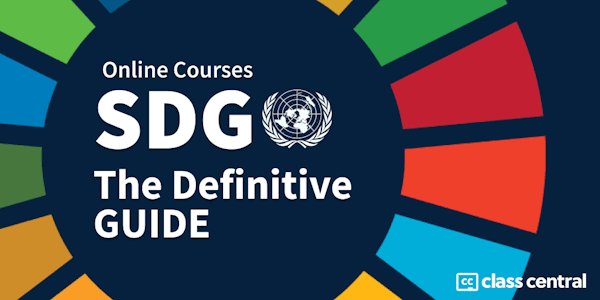Unemployment. Inflation. Protectionism. Trade barriers. Fiscal deficit. These are not just terms in an economics textbook or in newspaper headlines. These real-life challenges carry societal and environmental implications for billions of people around the world. How do we balance the pursuit of economic growth with the right of all people to thrive on an increasingly fragile planet? To answer this question, we must reframe our understanding of macroeconomics in the context of a highly interdependent world.
Led by two leading economic minds – Columbia University Professor and Senior UN Advisor Jeffrey Sachs and former Chilean Minister of Finance Felipe Larraín – this massive open online course explores traditional macroeconomic principles and tools, updated for the age of sustainable development and the current wave of globalization. Is a thriving global economy possible in an equitable and environmentally thoughtful way? Find out here.
This course is for:
- Graduate students and advanced undergraduate students studying international development, economics and/or sustainable development
- Economists interested in the balance of macroeconomic principles and ESG (environmental, societal and governance) criteria
- Sustainable development practitioners – as well as private-sector actors, such as those who work in the financial sector – who need to understand the economic models that support and depend on sustainable development



